
Blog by Gary Bourlet, Membership and Engagement Lead and self advocate

Learning Disability England has been working with Housing LIN, the Universities of York and Bristol, Riverside Housing and an advisory group of self advocates from My Life My Choice and York People First.
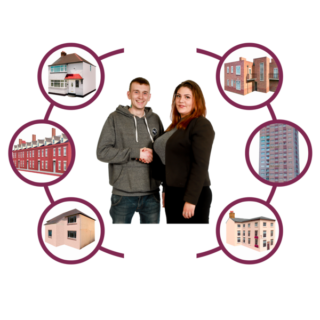
The project focusses on housing experiences of people on the ‘edge’ of social care, who don’t have a lot of paid support in their lives.

I rent from a private landlord.
So I thought I would share my experience.

I have lived in all types of housing in the past, from council rented, private landlord, shared housing, housing association, YMCA and residential home.
At the moment, I am renting from a private landlord.

I live in an Edwardian flat near the coast and love the area where I live.
I know some of the people, it’s a nice area.

I am looking to move soon as I would like a ground floor flat, which would be safer because of my epilepsy.
But I am worried that I will not have much choice of where to move to.
And may not be able to afford the housing I would like.

Housing LIN has just released the findings of the research about people with learning disabilities who are privately renting.
Privately renting means that the property you rent is owned by a person or company instead of being social housing.

The study found that both social and private housing is difficult to access for people with learning disabilities

There is a shortage of housing in general which makes it even harder for people with learning disabilities to find somewhere to live.

This might mean that people with learning disabilities have fewer choices about where they are living.
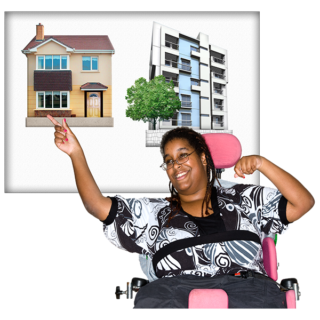
I believe that people with learning disabilities should have the same choices that everyone else does.
Like being able to chose between a house or a flat.

The study found that people have had both good and bad experiences with landlords.

I have also had both good and bad experiences.
I have found that some landlords don’t want people with learning disabilities to rent their home because they are worried we won’t make a good tenant.

And sometimes landlords might take advantage of people with learning disabilities and give them a place to rent that is in bad condition.
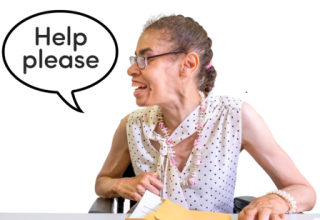
The research found that some people with learning disabilities found it hard to get the support they need to find and keep their home.

I personally have someone who helps with jobs like ironing and cleaning.
I think that people with learning disabilities should have access to help with bills, moving furniture, cleaning the house and other support they might need living alone.

The study found that support for people with learning disabilities often comes from their family members.
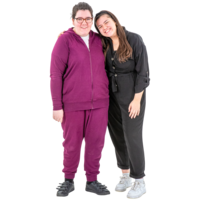
This is true for me.
My sister helped me find my flat when I was moving 10 years ago.
She helped me sort out renting it and moving in.
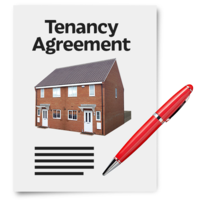
My sister was also my guarantor.
A guarantor is someone who signs your tenancy agreement to say they will pay your rent if you cannot.
Without this I wouldn’t have been able to rent my flat because I was on low benefits at the time.

Overall, I agree with the conclusions of the study.
That housing for people with learning disabilities should be a bigger priority for the government.

